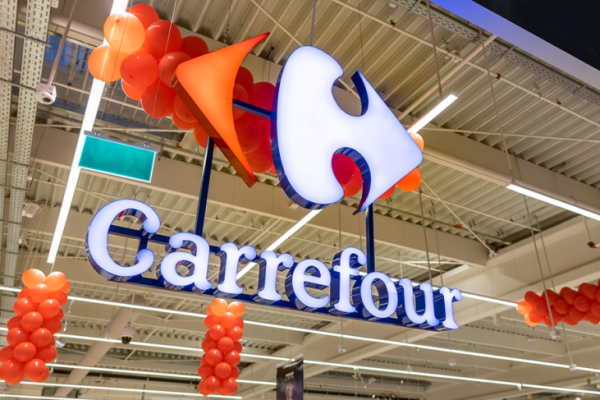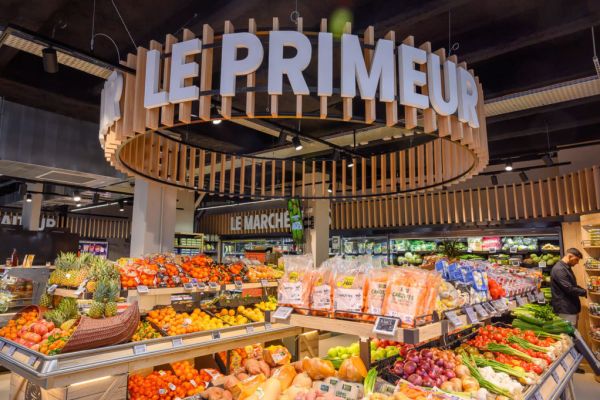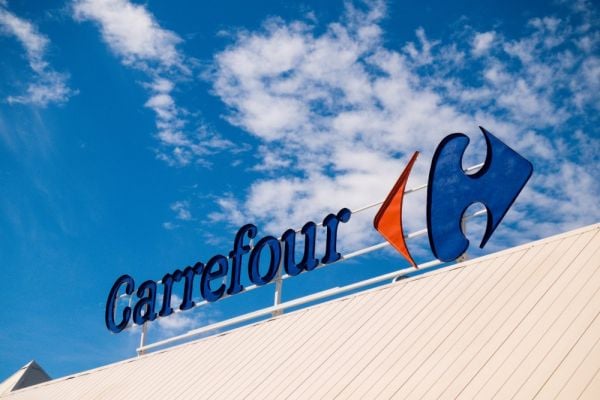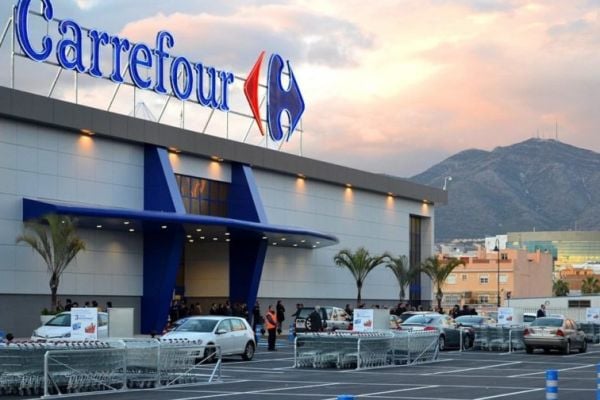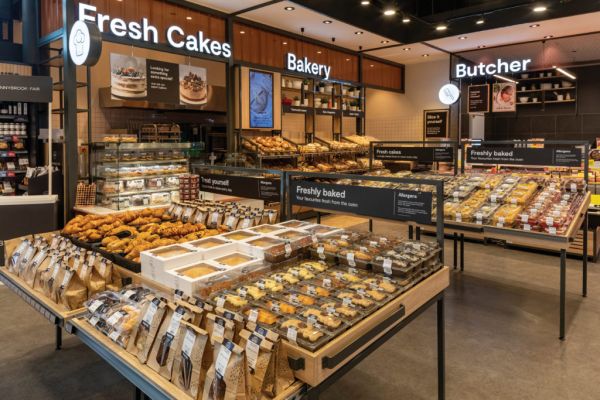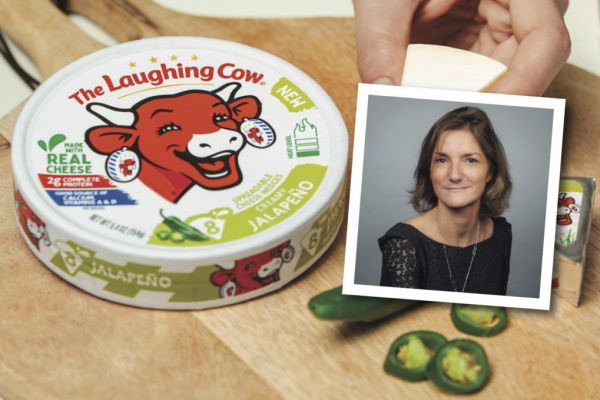Nick Ryan, CCO and co-founder, Acumen, explores whether the appointment of Rami Baitiéh as Morrisons chief executive last year could lead British retailers to consider their participation in pan-European buying alliances.
In 2023, the EU revised competition rules on retailer purchasing alliances. The updated guidance acknowledges what many in the grocery sector have argued in recent years; that without strict regulation, international buying alliances could easily become overly dominant in the consumer goods market.
While for retailers, the scale of buying alliances offer procurement power to counteract the market share of large suppliers, and in some ways may strengthen competitiveness, if unchecked, buying alliances have the potential to extract margin for retailers at the expense of suppliers.
Indeed, most of the benefits of joint buying are really for retailers to secure better prices, and manufacturers could be at risk of being disadvantaged by buying alliances if they are not regulated. Now, stricter guidance from the EU seeks to address this, ensuring they are not adversely advantaging retailers over suppliers.
There may be some benefits as buying alliances can create new opportunities for the grocery industry to continue to grow and innovate – recently, for example, it was announced that Auchan and Intermarché are in buying alliance talks, bidding to buy Casino’s French stores. Such moves are important for injecting cash into areas of grocery and could deliver benefits for consumers, too.
It’s important that these perceived benefits do not push the needle too far in favour of retailers, at the expense of suppliers.
When it comes to the possible importation of buying practices from continental European retailers into the UK, what does the UK need to consider? If the British FMCG sector were to participate in European buying alliances, given its proximity to the continent, this could result in an array of opportunities, but also risks, for players in the sector.
Let’s consider what the potential impact of this could be for the sector and manufacturers particularly.
From Carrefour To Morrisons
It’s worth highlighting that retail alliances aren’t necessarily a brand new phenomenon in the UK. However, conversations have certainly arisen more recently regarding European buying alliances, particularly since Rami Baitiéh was appointed to CEO at Morrisons in 2023.
What Baitiéh does next, based on his extensive global experience working in retail, could also have the potential to influence the wider UK retail industry too.
Baitiéh joins Morrisons having battled the rise of discounters Aldi and Lidl in his previous role as CEO of Carrefour France. Having previously led Carrefour’s divisions in Spain, Taiwan and Argentina, he has had considerable experience working to protect shoppers’ purchasing power in markets with high inflation – experience that will be invaluable to running a UK retailer for the first time.
His success in taking on the discounters could see him deploy the same tactics at Morrisons. Could we see this leading UK supermarket group join one of the European retail alliances? By negotiating ‘on top’ services agreements with multinational suppliers, such alliances deliver incremental revenue to retailers and deal with the top global manufacturers dominating a wide range of product categories.
What Would This Mean For UK FMCG?
If Morrisons does join one of the European retail alliances under Baitiéh, Asda and other retailers may follow too. This could shake up the ‘island mentality’ of the UK FMCG market by encouraging more retailers to benefit from centralised negotiations.
But an uncontrolled rise in membership of retail alliances generally could mean UK brands are exposed to higher costs of doing businesses – which could impact how they choose to absorb costs or are forced to raise prices in the longer-term. Taking a step further, if Morrisons joins one of the buying alliances in Europe such as Eurelec or Everest, then they may be able to leverage increased scale in price negotiations, while abdicating responsibility for these negotiations.
We know from Tesco’s relatively short-lived partnership with Carrefour World Trade that cross-channel relationships can present their own set of challenges for retailers. However, Morrisons is a different business, and has already proven to be adaptable with an omnichannel distribution relationship with Amazon, so only time will tell under Baitiéh going forwards.
The potential repercussions will certainly have retailers and manufacturers alike paying close attention to Morrisons’ strategy over the coming months and years.

